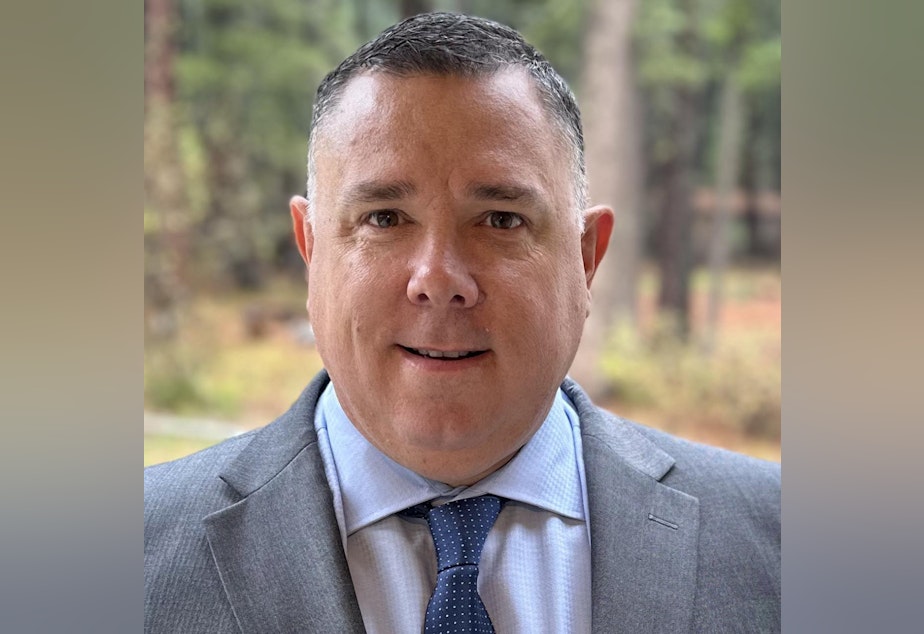Brian George leads new investigative team for Indigenous cold cases under Washington Attorney Genera

Brian George has been in law enforcement for 27 years. He is an enrolled member of the Port Gamble S’Klallam Tribe of the northern tip of the Kitsap Peninsula in Washington State. Now, George is heading up the new cold case unit for the Washington State Attorney General’s Criminal Justice Division.
“I have always wanted to give back to tribal communities, my tribe and surrounding tribes,” George said. “I have this unique perspective of being associated with two different tribes and tribal governments. My father served on the tribal council as I was growing up and [as] chairman of the tribe, so I had that instilled in me at a young age on working with the tribes, representing the tribes and doing the best we could for the tribes.”
George comes to the office following more than 25 years of service with the Washington State Patrol; most recently he was the director of the Washington State Fusion Center. The Fusion Center supports federal, state and tribal agencies, as well as regional and local law enforcement, public safety and homeland security by providing intelligence and information statewide. He started his career as an officer with the Suquamish Tribal Police Department.
George said he is busy hiring four investigators and one additional liaison – called a case navigator – to directly communicate with involved families. George said this new group is quickly finding support among other law enforcement agencies that are excited for the help on these difficult and important cases.
“I’ve had conversations already with local police departments, tribal police departments, county sheriff's office, investigators from our federal partners, from Bureau of Indian Affairs and to the FBI – that have already reached out,” George said.
Chris Loftis, with the Washington State Patrol, said the two state groups plan to meet very soon. He said the WSP staff were excited that their two tribal liaisons would be joined by more help on cold cases.
“There are more people on this highway of service, to help people that have been underserved in the past,” Loftis said. “As that level of trust continues to rise, hopefully we’ll come into a place where we're not in a responsive mode but a preventative mode.”
The AG’s office said Native American and Alaskan Native women and people experience violence at much higher rates than other populations.
George said in busy law enforcement offices, cold cases often get shuffled for pressing situations happening right then.
“From my seat when I was active in law enforcement, I would show up to a detective squad room. Continually, what I would see when I arrived is tired officers, half the unit had been called out the previous night and had been up for hours on end,” George said. “That’s common, unfortunately, right now. So, this unit will not have responsibilities outside of, you know, our mission, can really, I think, make an impact on some of these cases.” [Copyright 2023 Northwest News Network]

